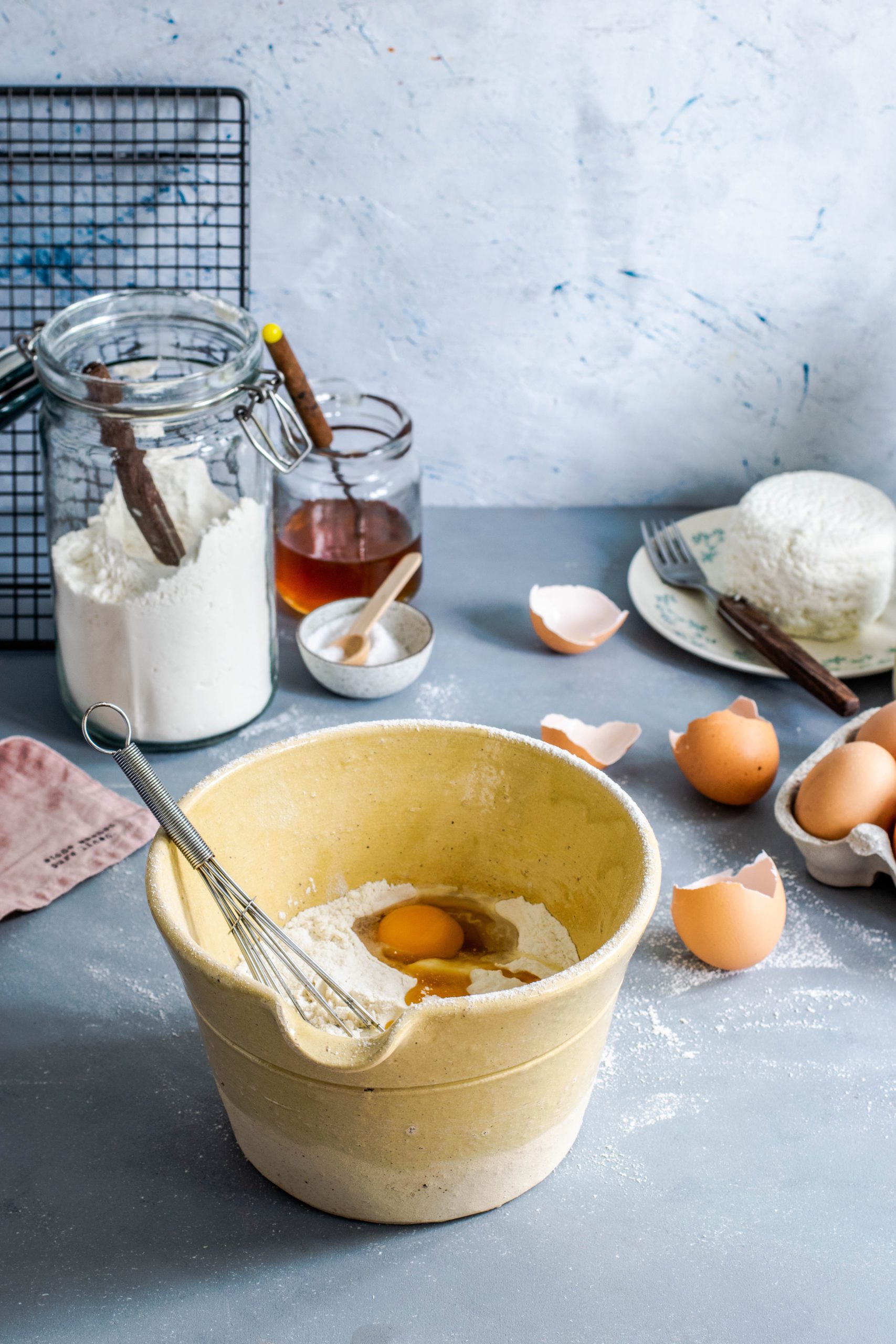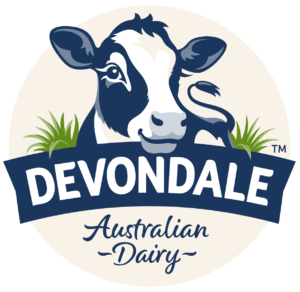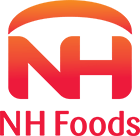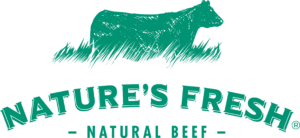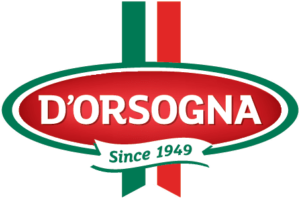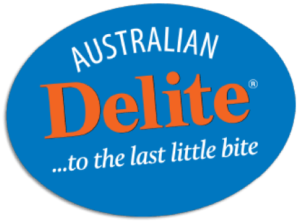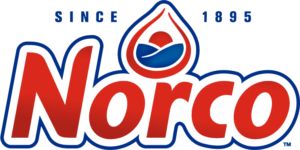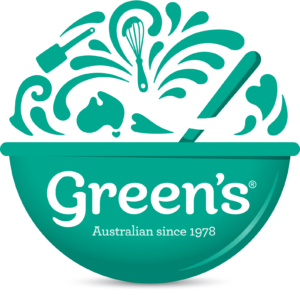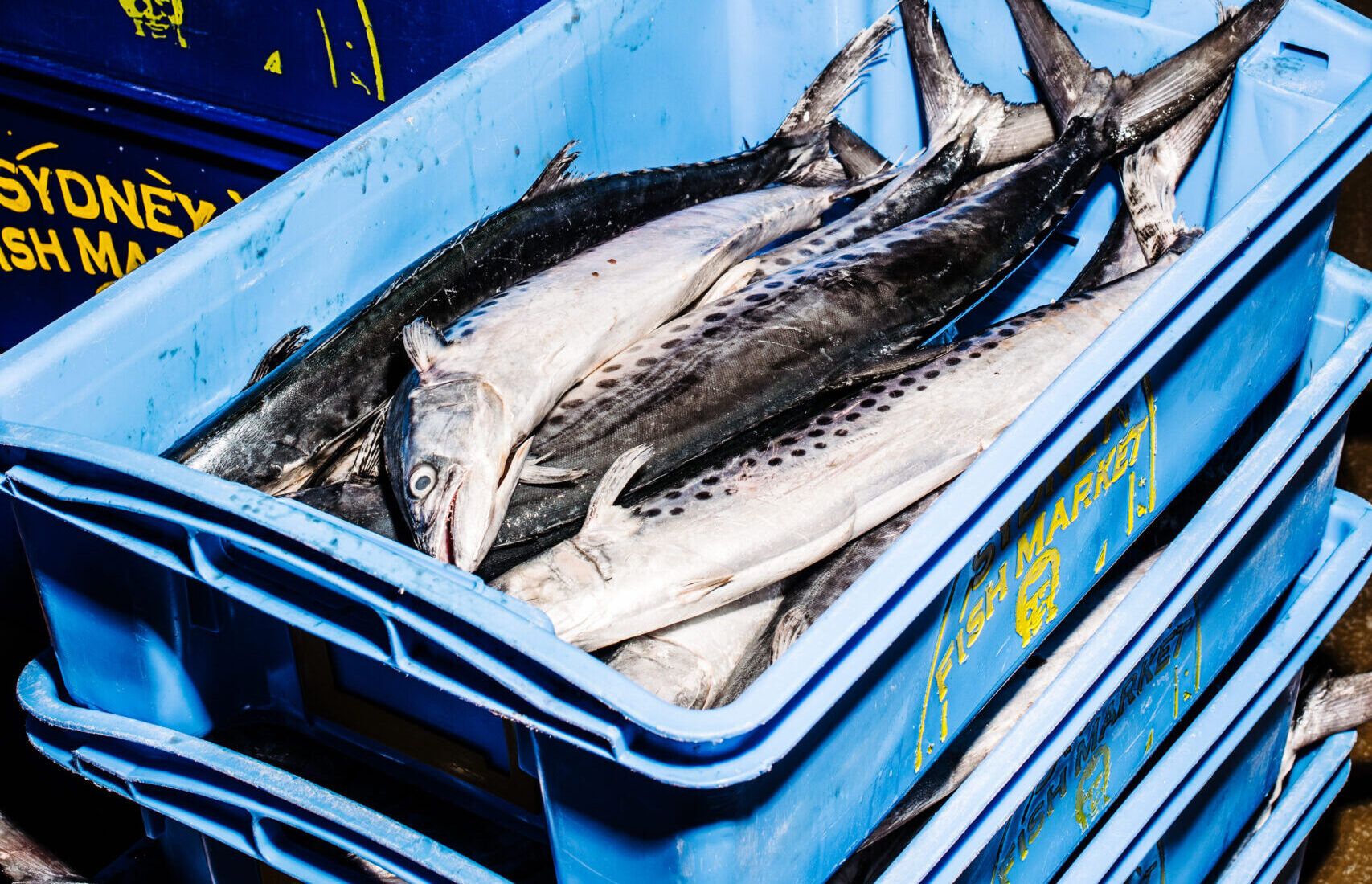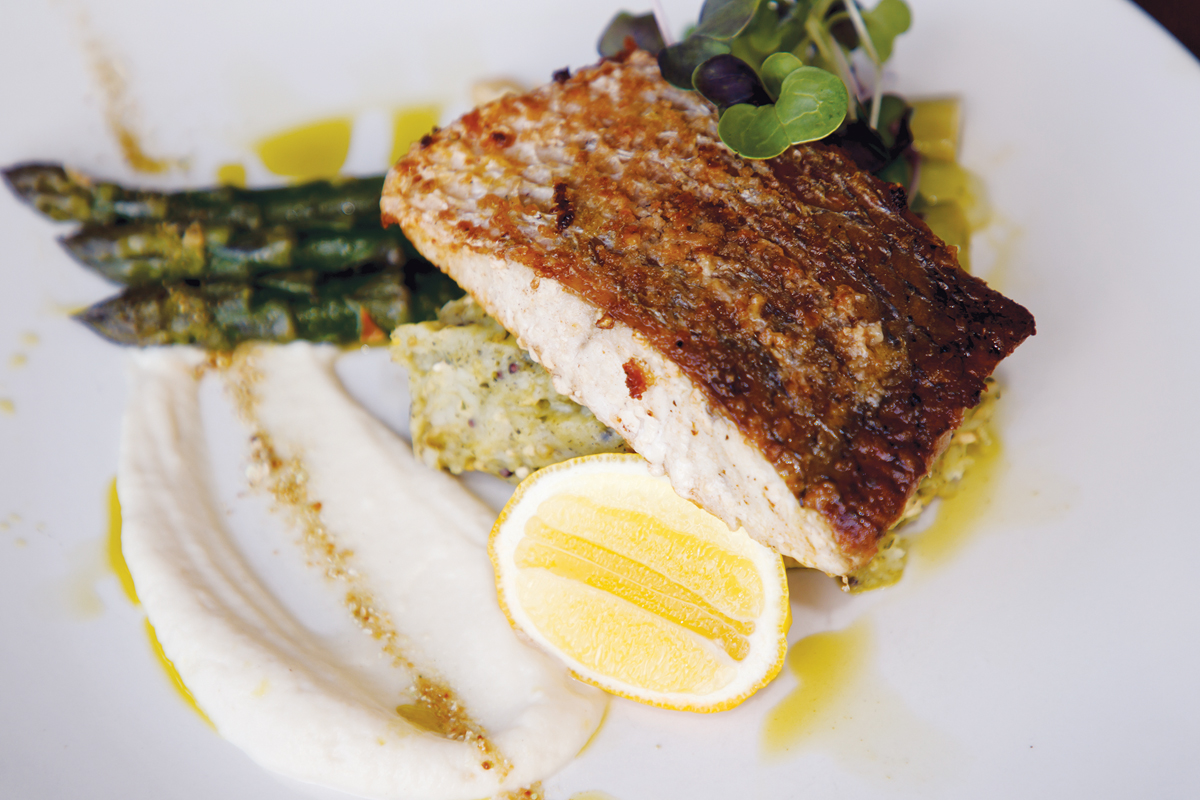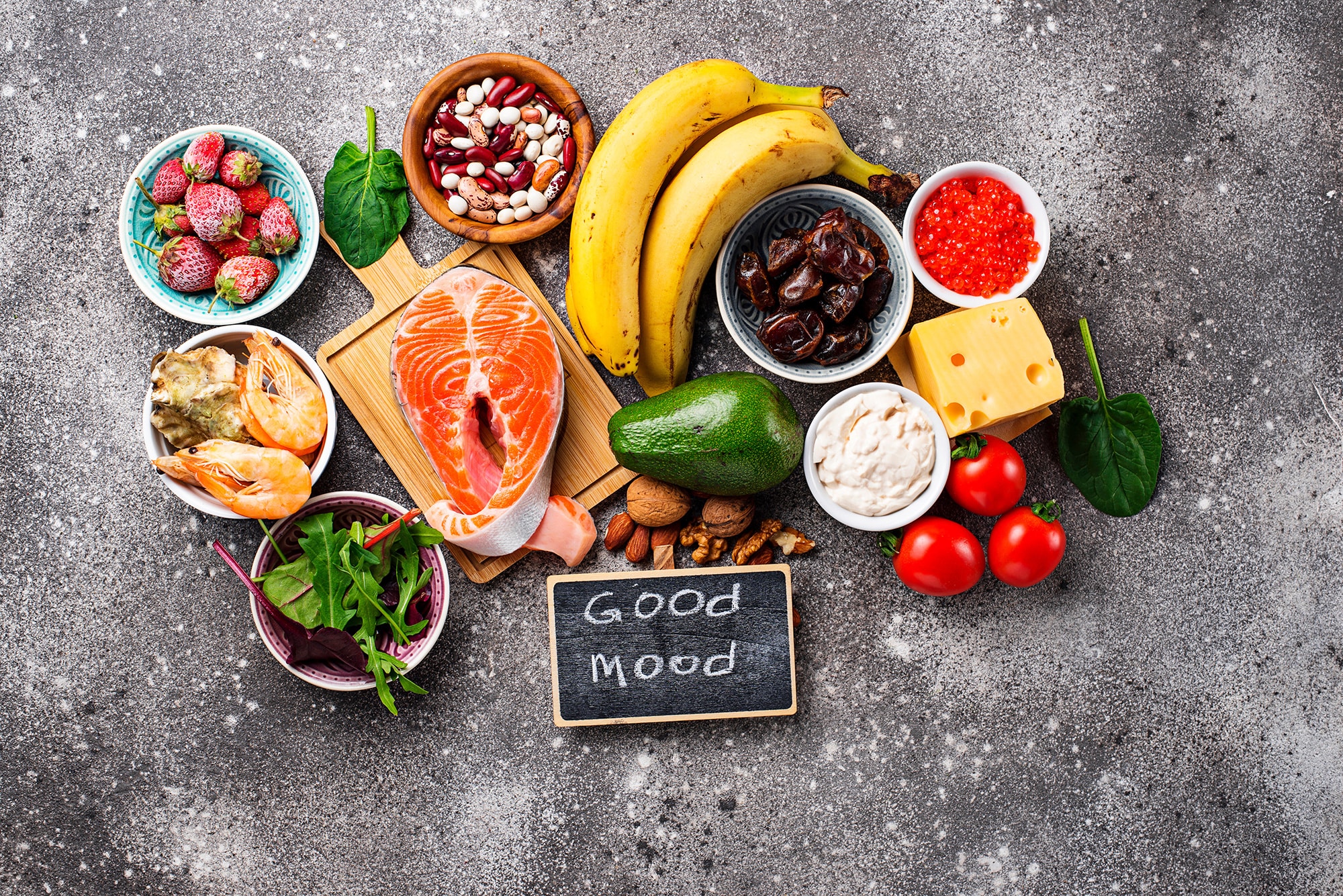Baking Beyond The Baked Good
2020 was hallmarked by a wave of at-home baking, brought on by the COVID-19 pandemic, as consumers reckoned with how to spend their newfound time at home. Social media feeds filled up with banana bread recipes and hacks for the perfect sourdough starter and dollar sales of baking mixes and ingredients increased by 24.7%, according to Mintel research on baking and mixes. Mentions of baking on Twitter, Instagram and Pinterest hit a peak in April 2020 as consumers and brands alike shared inspiration and creations online. But social media mentions quieted almost as quickly as they started, declining 74% by June 2020, leaving many wondering if at-home baking was just another fad, victim to the ever-changing circumstances of COVID-19.
However, as of January 2021, nearly a third of US adults indicated baking more often than they were pre-pandemic, and plan to keep up the pace, indicating that what may have stemmed from boredom and necessity has proved enjoyable and perhaps even transformative for some.
Why are consumers really baking?
Baking is more than a means to an end for bakers; it’s a hobby. Consumers are baking more often not only to treat themselves but also to relax, to improve their own baking skills and as a way to bond with their families, indicating the experience of baking is just as important as the baked good itself. Brands can further amplify that experience in messaging and innovation to extend the joy of baking long beyond the pandemic.
The opportunities for 2021 and beyond
Connect baking to self-care
The process of baking is therapeutic to many, and communicating the connection between baking and mental wellbeing will be powerful moving forward as consumers place a higher priority on their mental health. According to Mintel research on managing stress and mental wellbeing, nearly two in five US adults were paying more attention to their mental health and wellbeing in 2020 than they were in 2019 – and baking can be an accessible and enjoyable way of doing so. Baking mix and ingredient brand King Arthur Flour equates baking to therapy and meditation on its Instagram. Brands can make the connection between baking and self-care to the next level, partnering with mental wellbeing leaders like Headspace, or curating mood-boosting and relaxing playlists for consumers to unwind while baking.
Nurture identity building
Millennials are a key baking audience and will be motivated to continue baking if they believe it’s helping them cultivate a skill. Hobbies and interests are at the core of who Millennials believe they are as a person; according to Mintel research on marketing to Millennials, a third of Millennials believe their hobbies and interests influence their personal identity. More than two in five Millennials are baking more often to improve their baking skills and could be motivated to stay on course with resources and products that help them further self-identify as bakers. Baking classes and product tiers designed for different levels of experience can encourage continued usage and instill brand loyalty.
King Arthur Flour’s cookbook, The All-Purpose Baker’s Companion, includes recipes of varying degrees of difficulty as well as guides for technical steps like kneading that enable home bakers to build skills. Media company Buzzfeed’s food and drink hub, Buzzfeed Tasty, released a 15-piece baking set for new bakers and the nationwide bakery chain Milk Bar offers an online baking class to develop pastry chef skills. All provide tools and resources that help Millennials invest in their identity as bakers while encouraging them to tackle new baking projects.
Reinforce fun with family
Position baking as more than a way to make treats, but as the way for families to come together, to cater to the two in five parents who are baking more often as a fun experience with their kids. Some brands have already established kid-friendly positioning; Pillsbury, Duncan Hines and others all provide fun and colorful recipe ideas like Pillsbury’s monster-themed cupcake decorations for Halloween.
The challenge and opportunity moving forward will be taking some ownership off of parents and giving kids the opportunity to be in the driver’s seat. Kid-friendly cookbooks and recipe ideas that provide separate steps for both parents and kids or baking kits that include kid-friendly decorations and toppings can allow for more interaction and connection between parents and kids during the baking process. Providing new recipes and how-to videos on a consistent, regular basis can help families follow a schedule and create baking routines that, over time, become traditions.
What we think
The surge in at-home baking may have been a product of COVID-19, but the reasons behind baking – relaxation, self-improvement and family connection will remain relevant beyond the pandemic. Bringing those underlying motivations to the forefront can encourage consumers to create their own routines and continue exploring the potential of their own kitchens.
This article was originally published on Mintel, you can find the original here.


